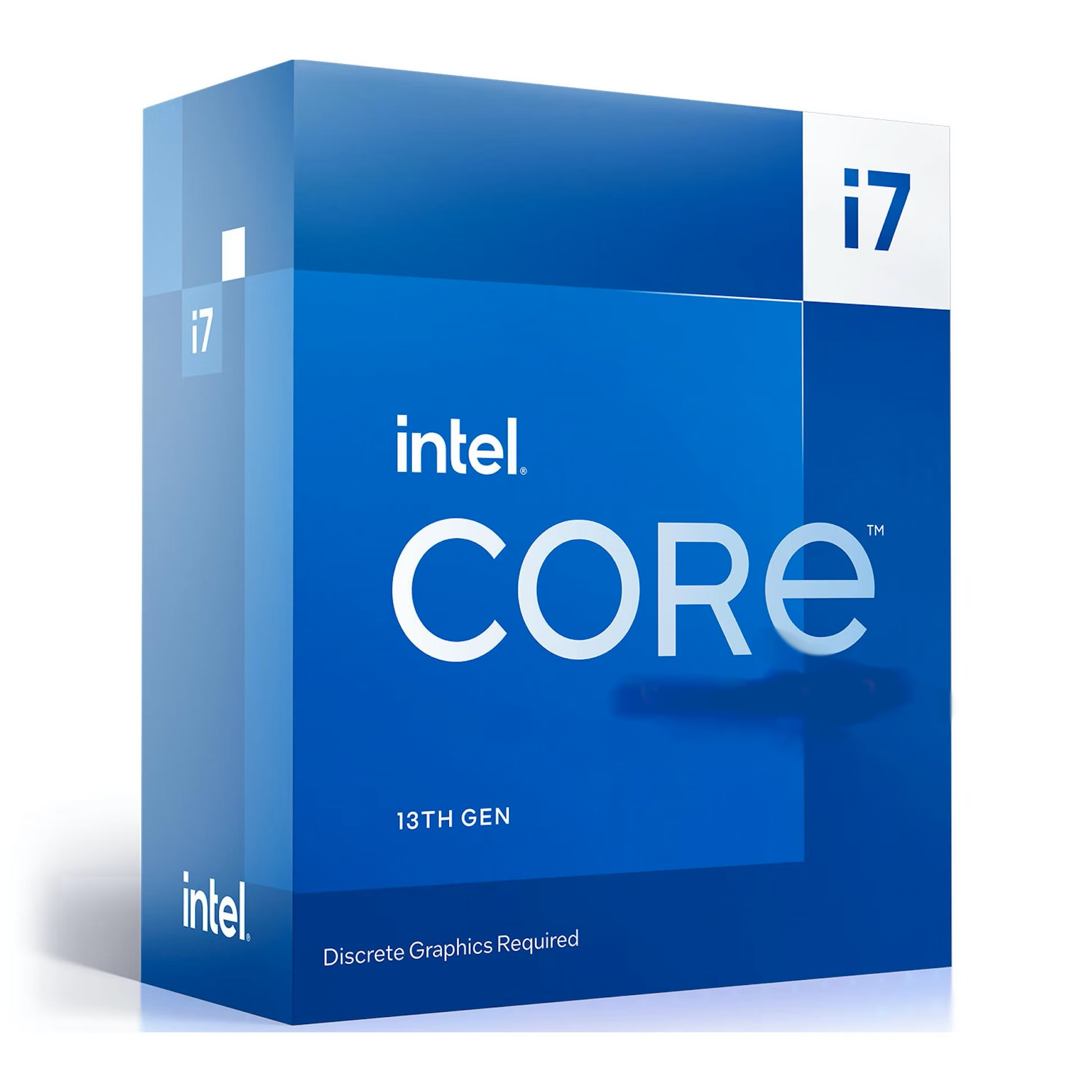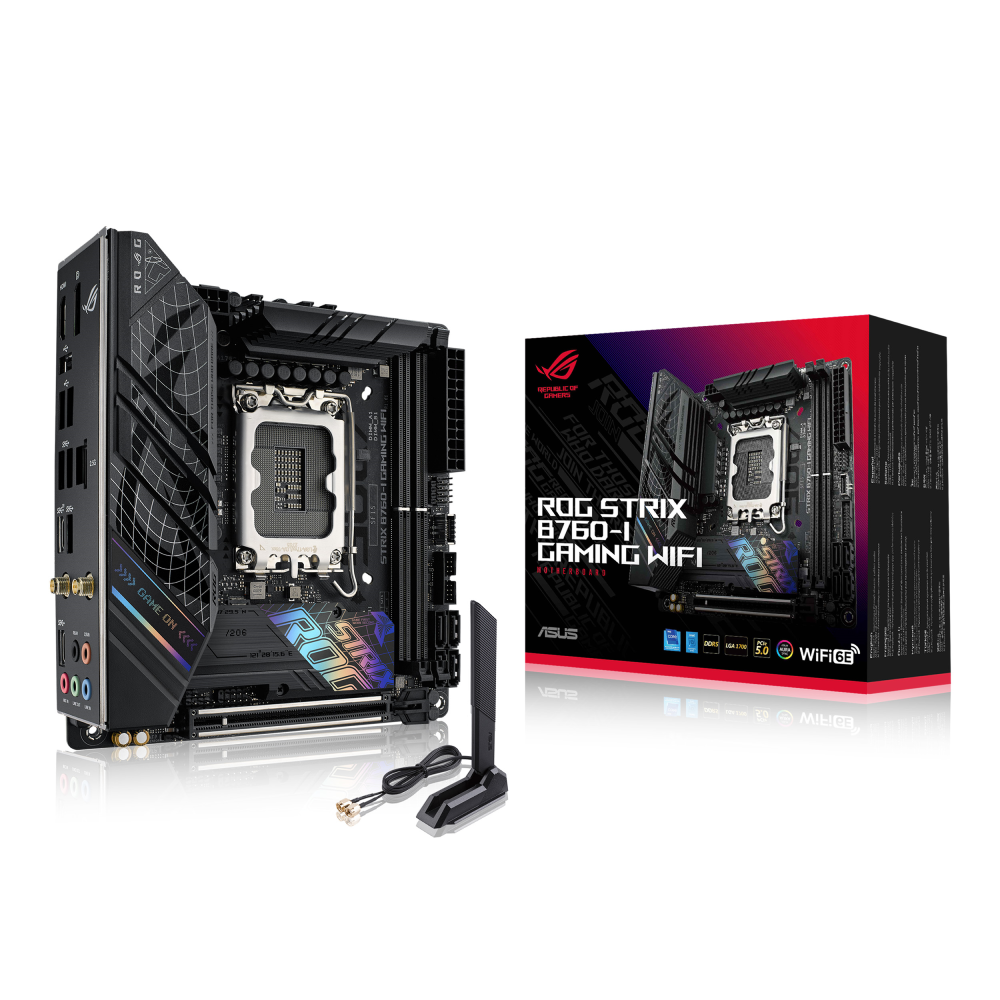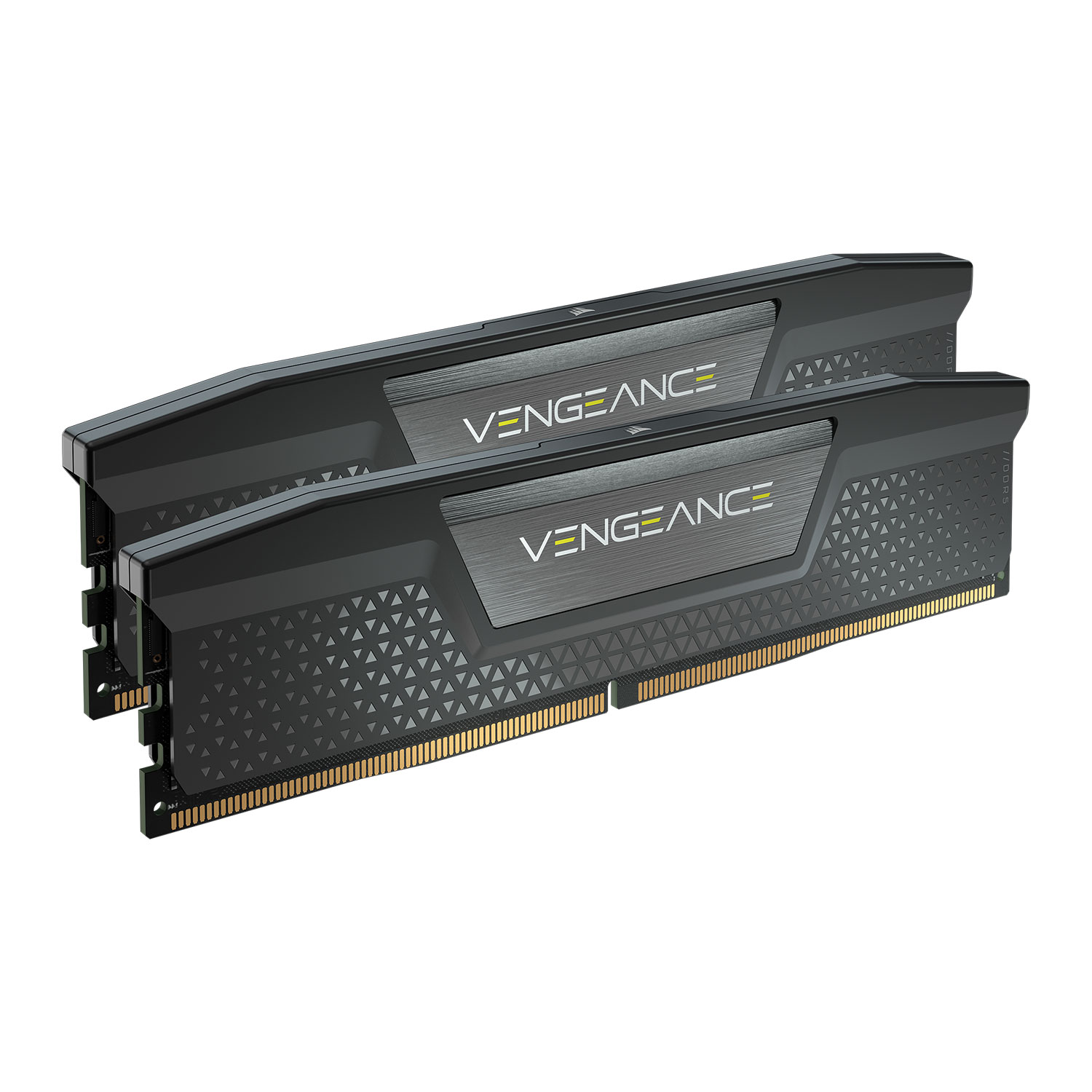With the persistent BSoD with my current system is getting, I think it could be time for a new build. The last one lasted me 4 years, so hoping the new system will last as long.
I've used ITX cases for a while, I like the small form factor, so that limits my options to ITX motherboards, but before I pick one I need to work out which CPU would be best value for my use.
I do a bit of gaming and photo processing along with general working from home office work; I am however getting into astrophotography and would like to start using Pixinsight down the road for stacking the hundreds of images taken, it's recommended to have a minimum of 8 cores.
Any suggestions?
Thanks
I've used ITX cases for a while, I like the small form factor, so that limits my options to ITX motherboards, but before I pick one I need to work out which CPU would be best value for my use.
I do a bit of gaming and photo processing along with general working from home office work; I am however getting into astrophotography and would like to start using Pixinsight down the road for stacking the hundreds of images taken, it's recommended to have a minimum of 8 cores.
Any suggestions?
Thanks





